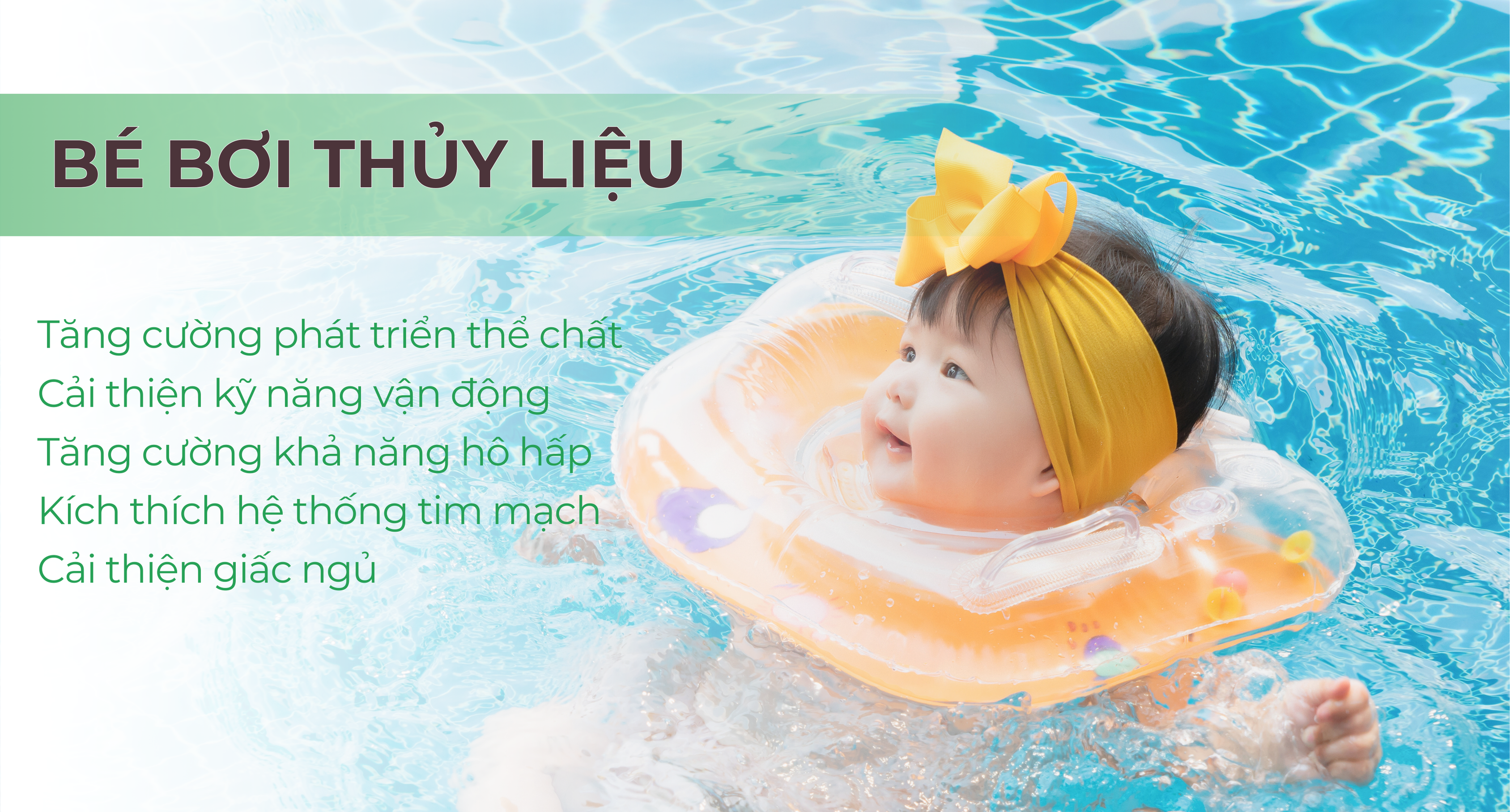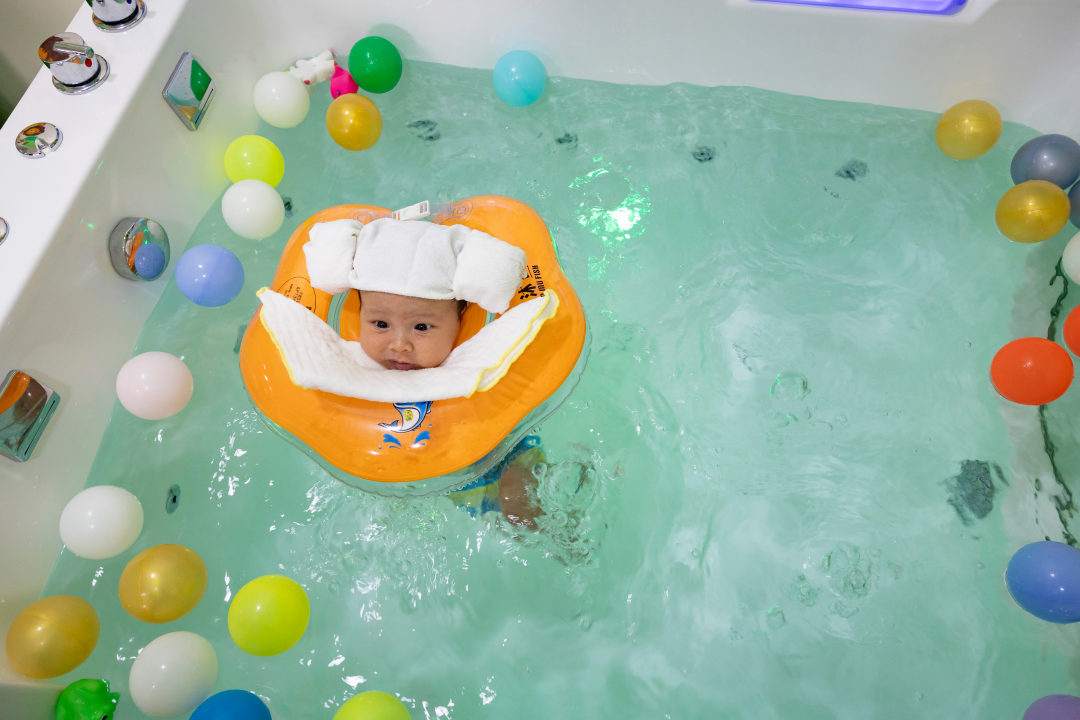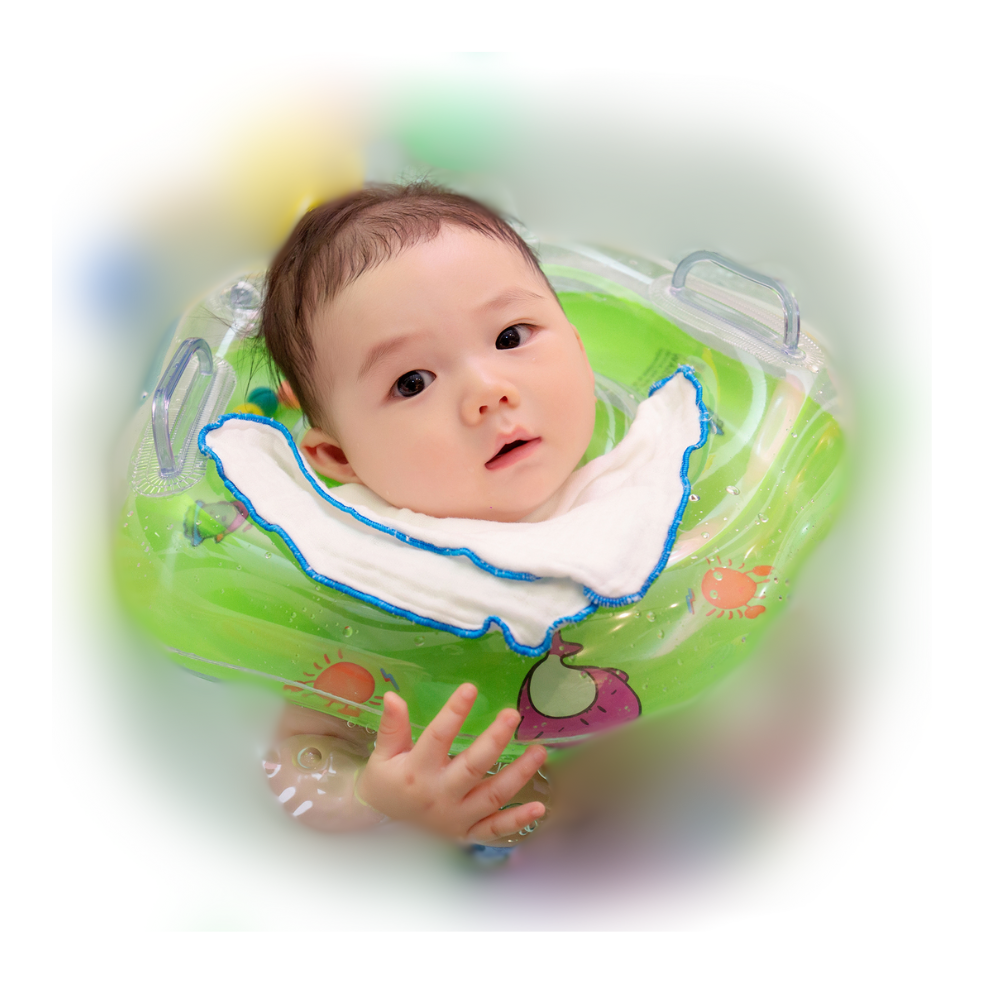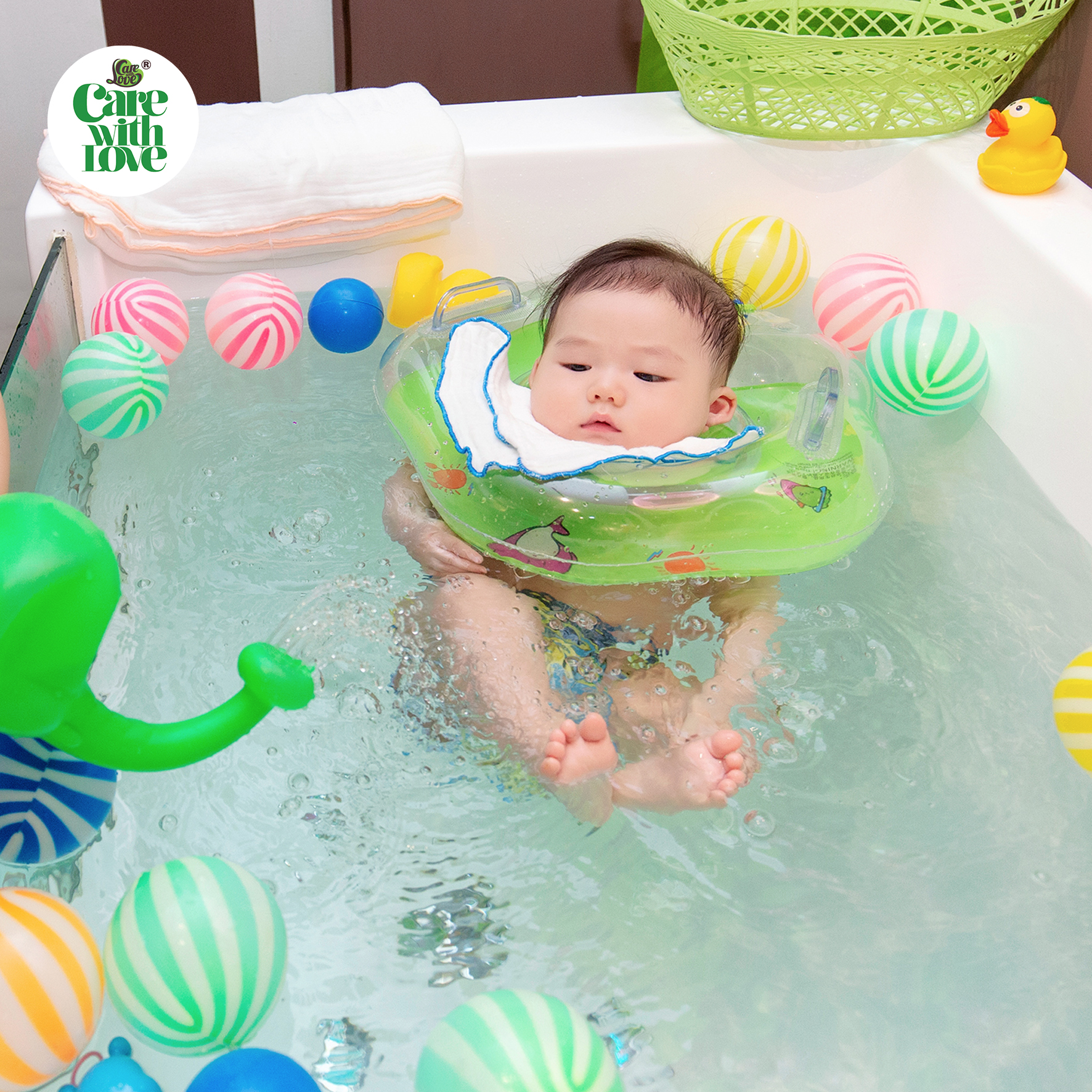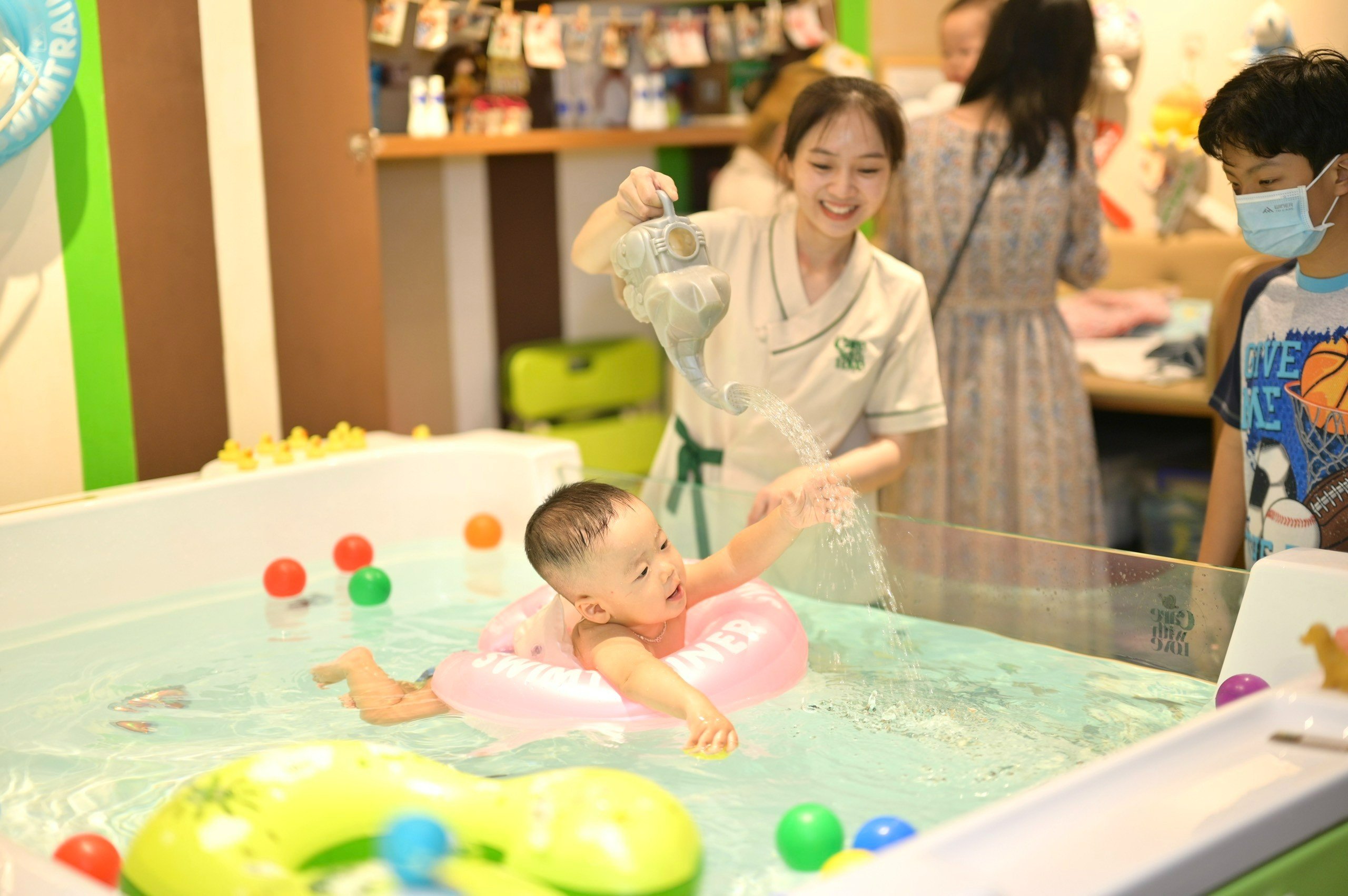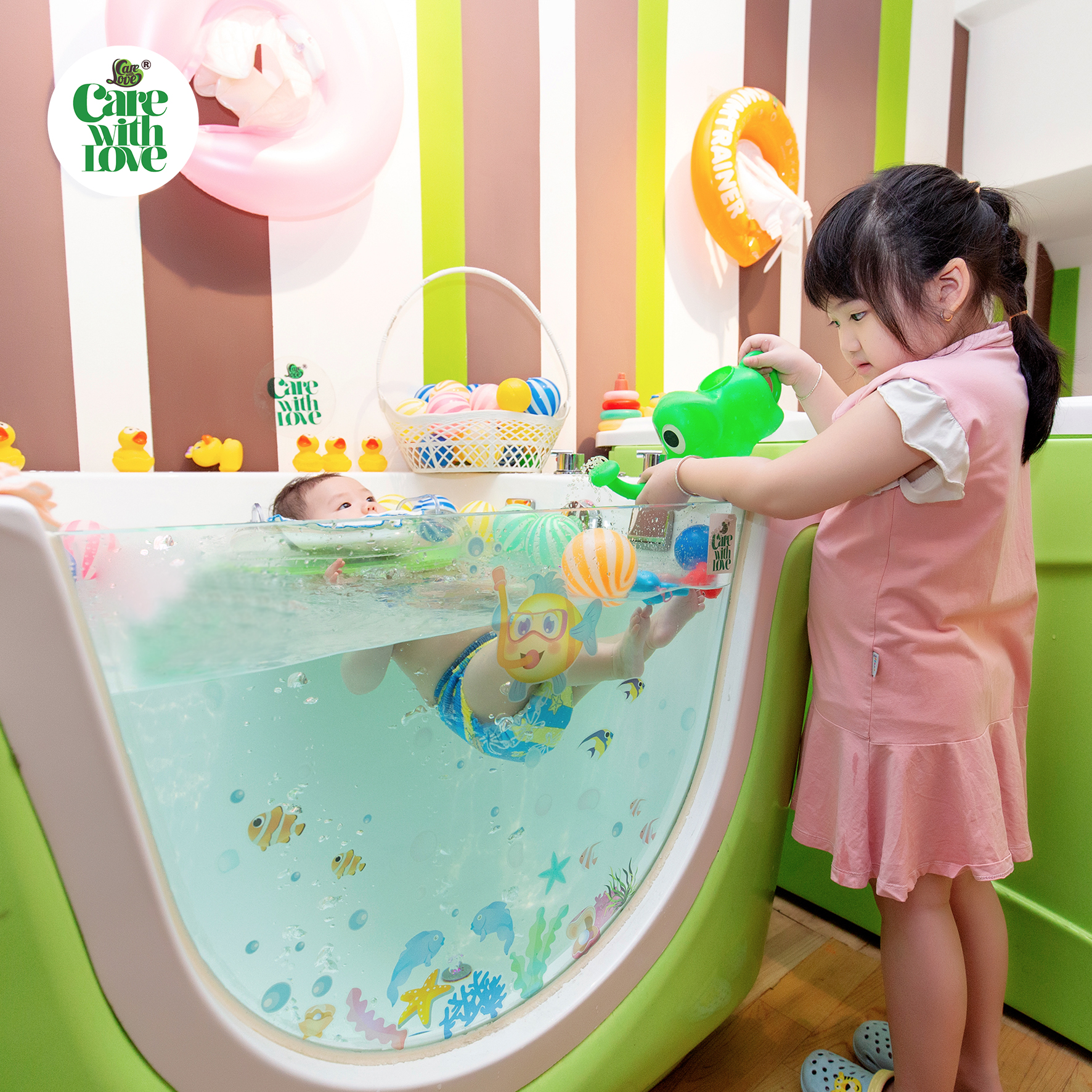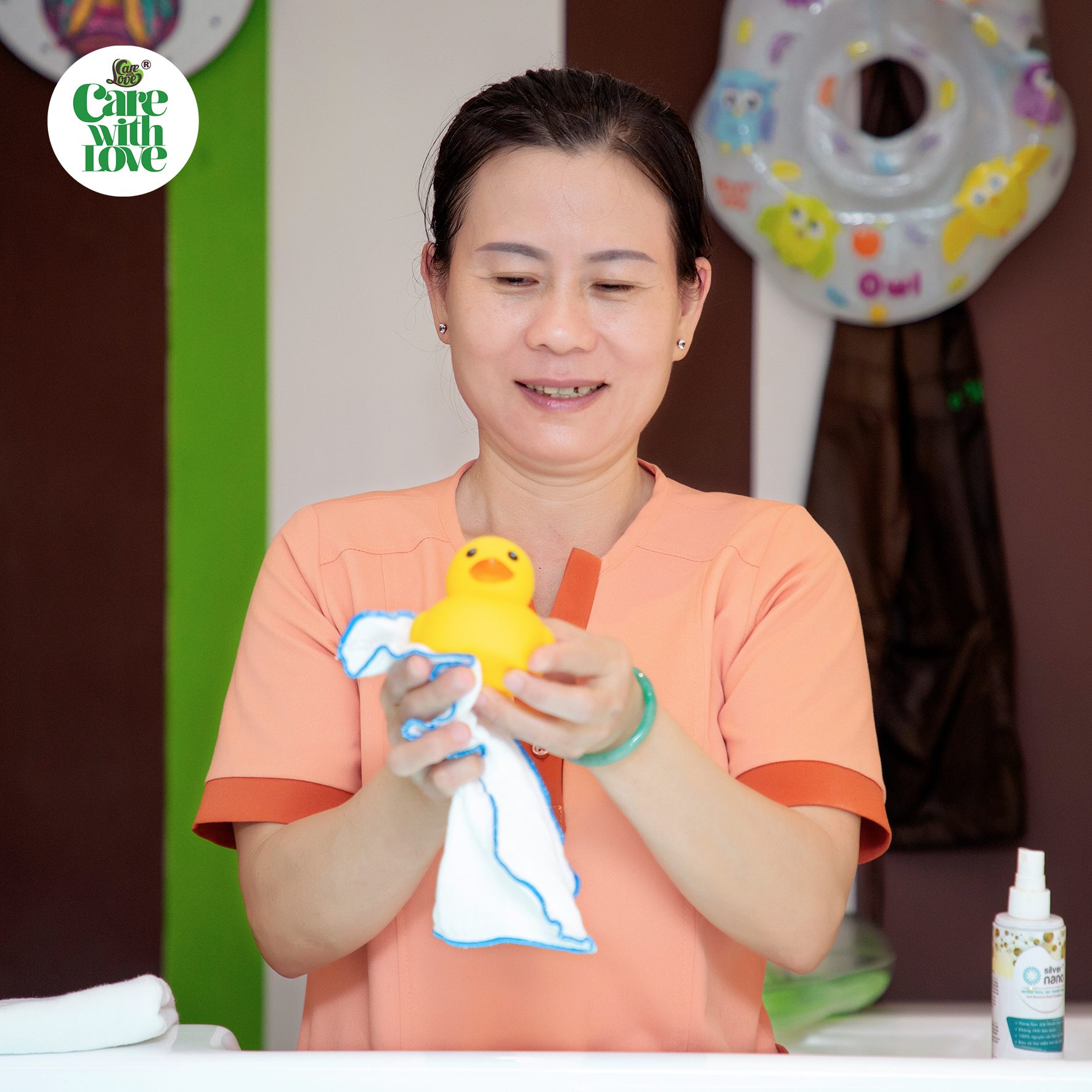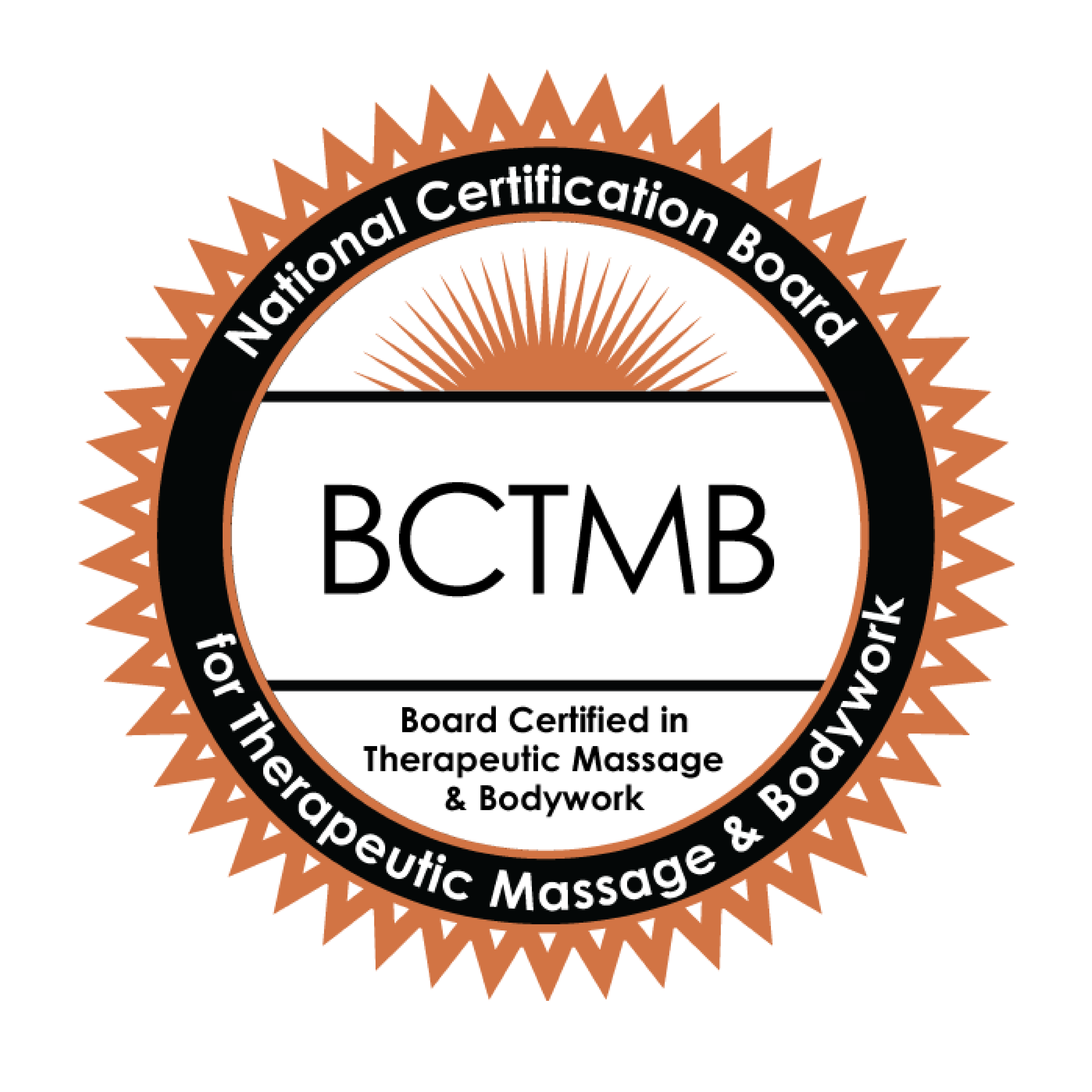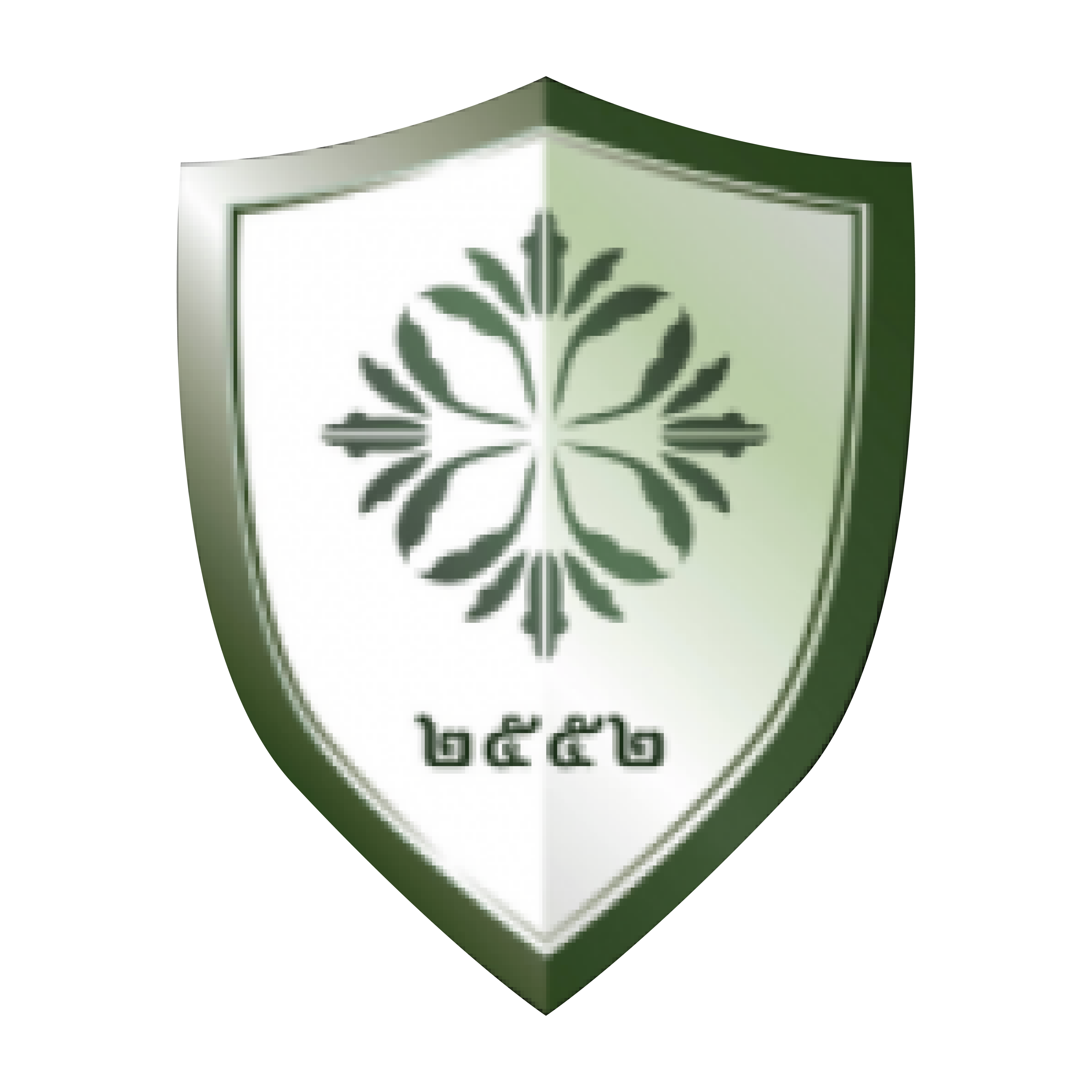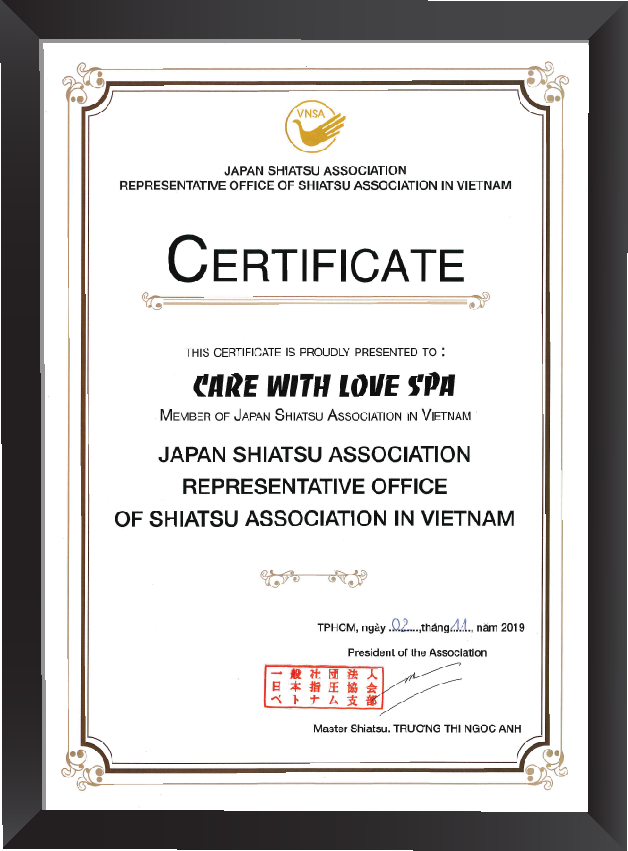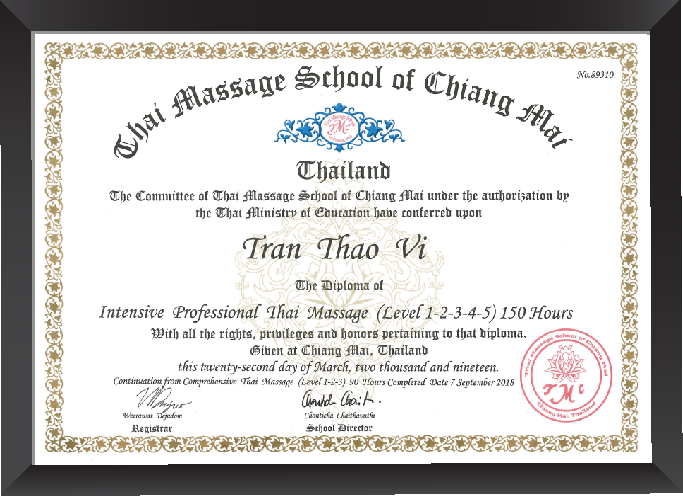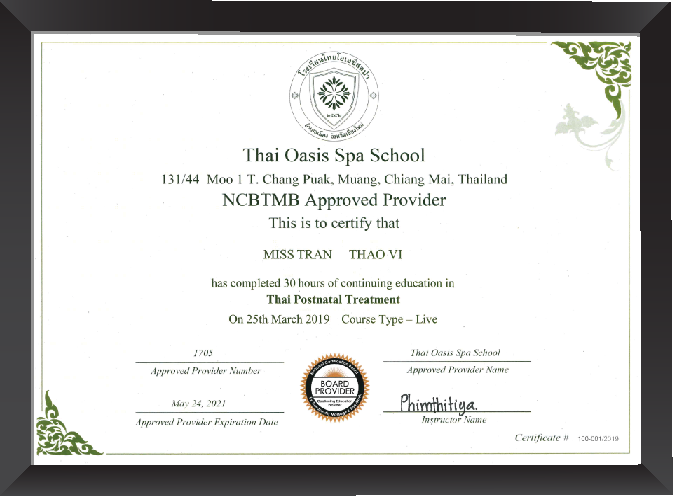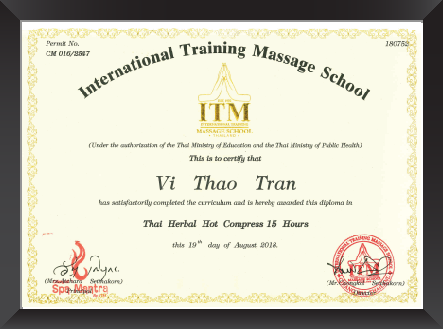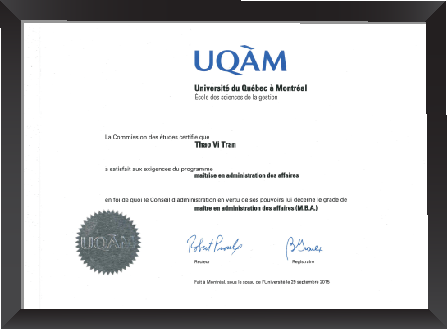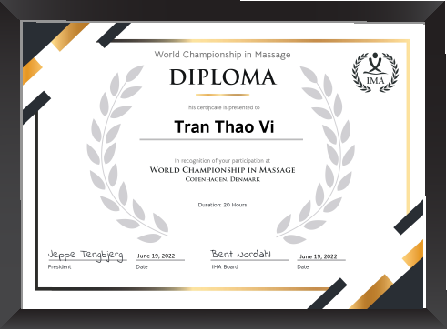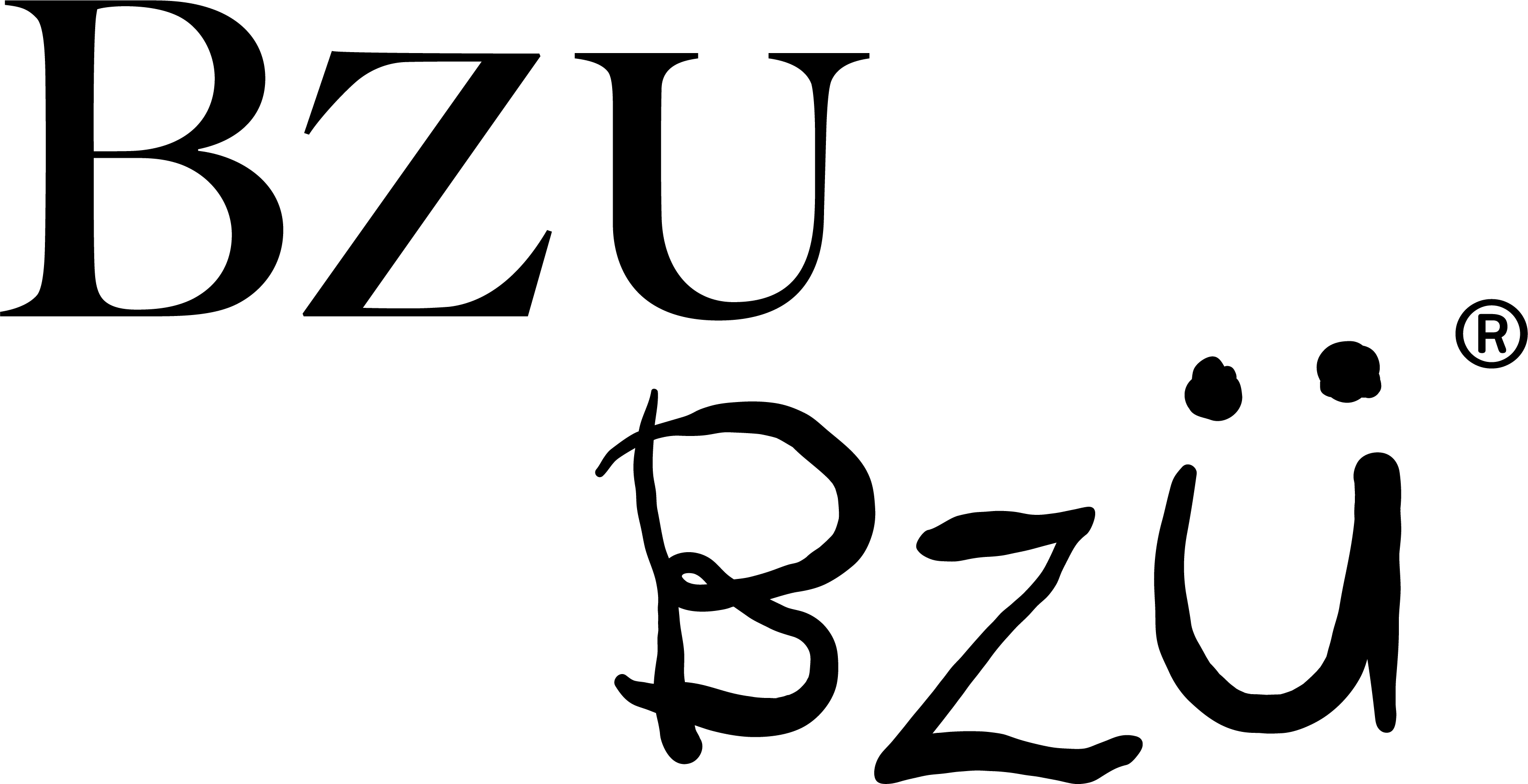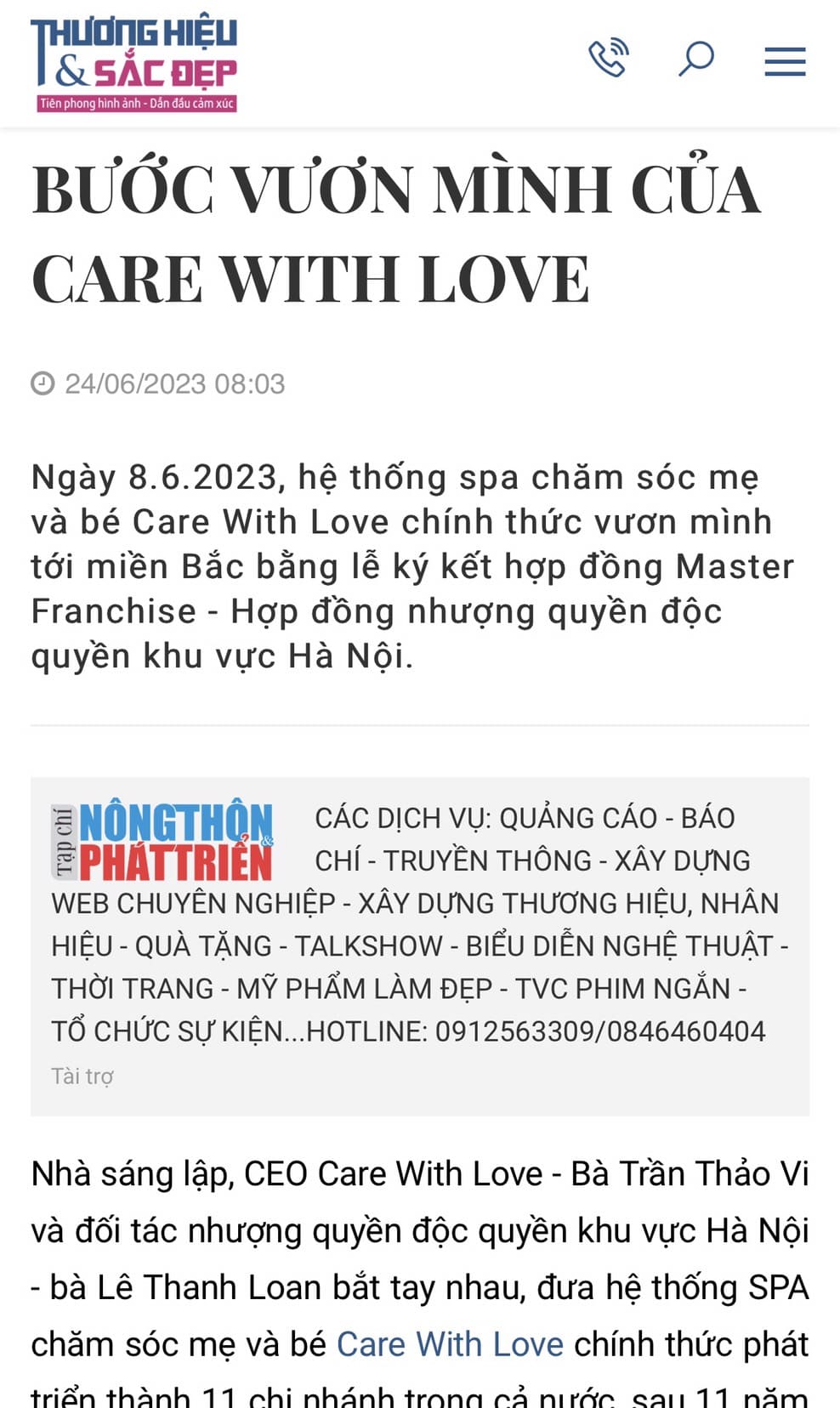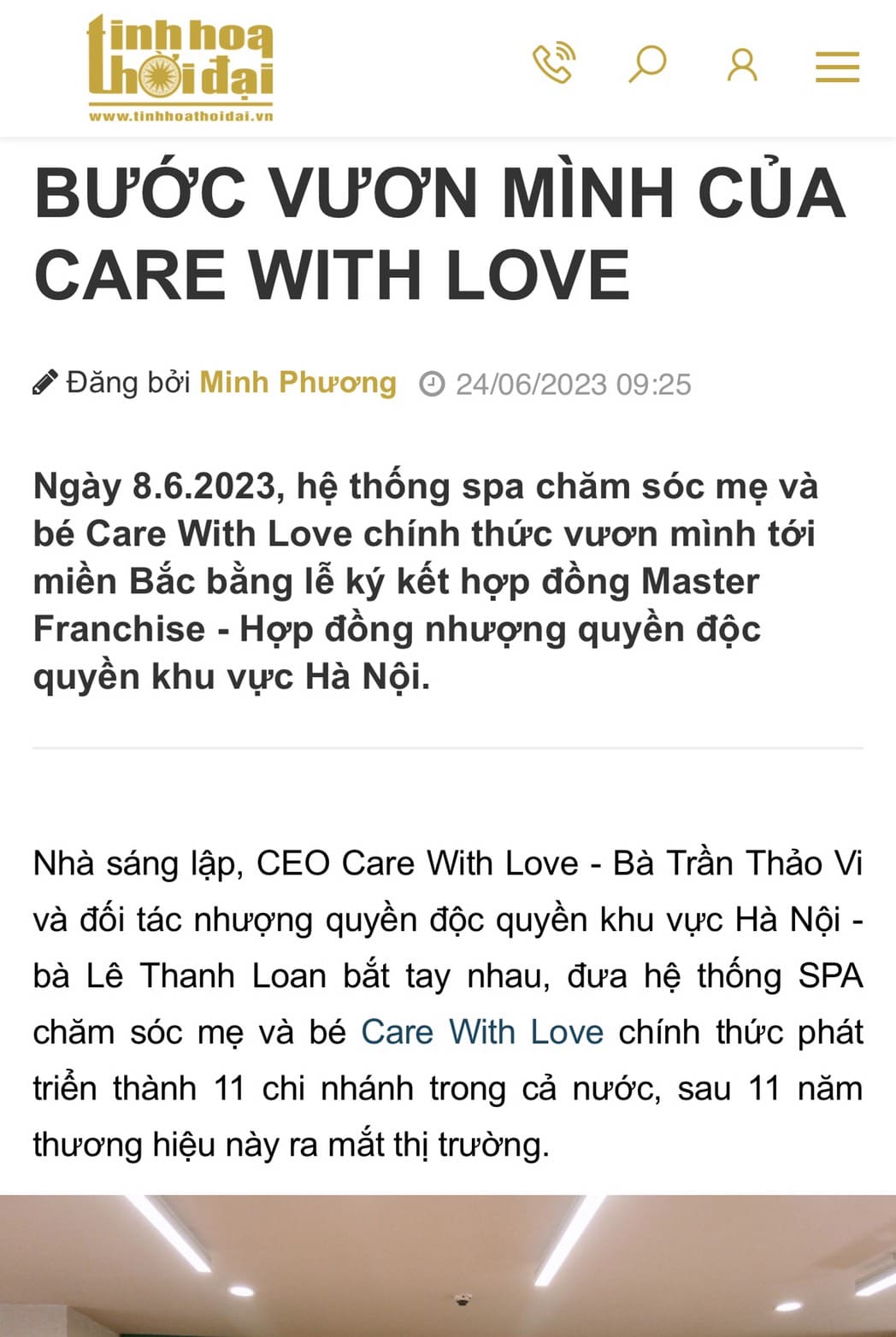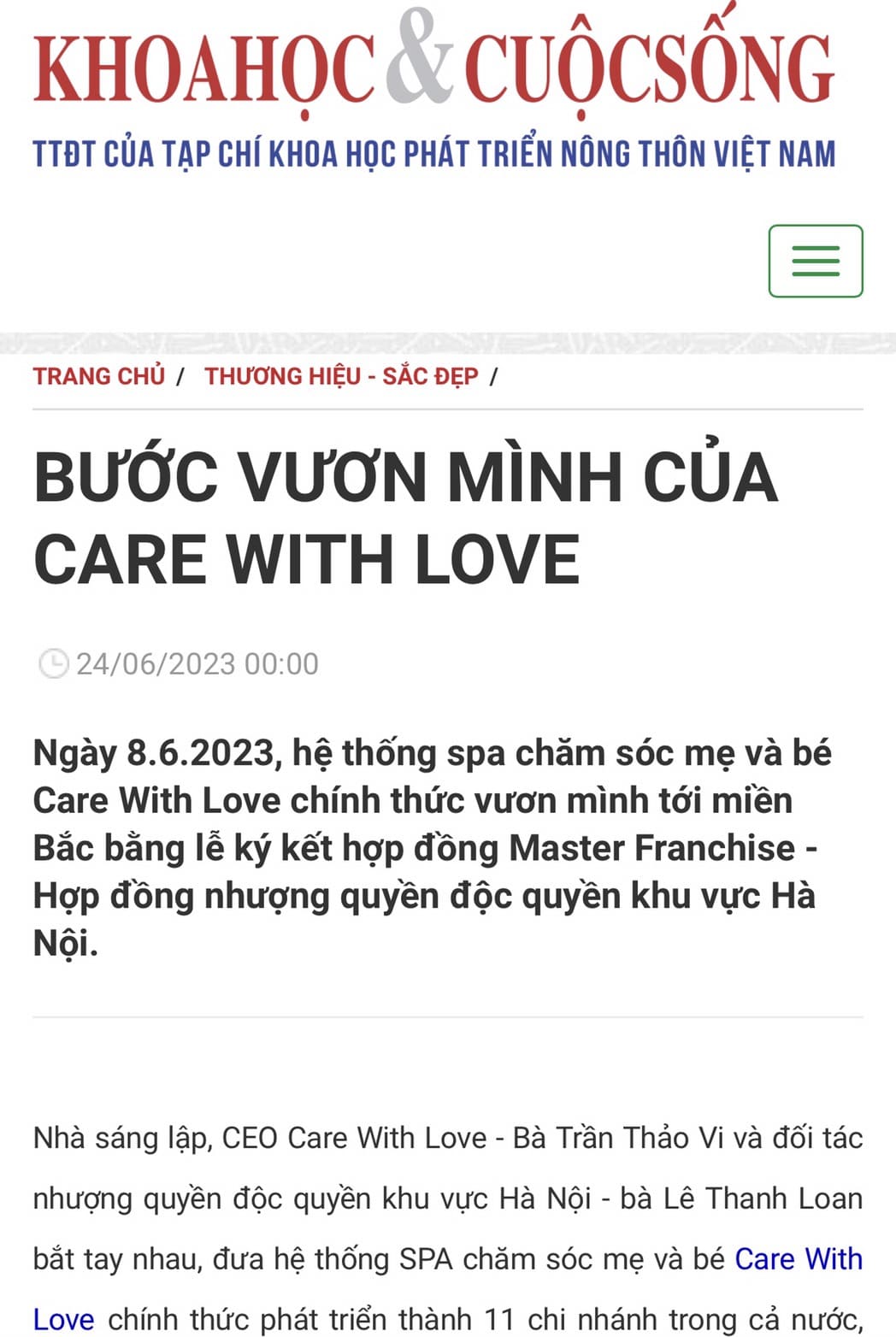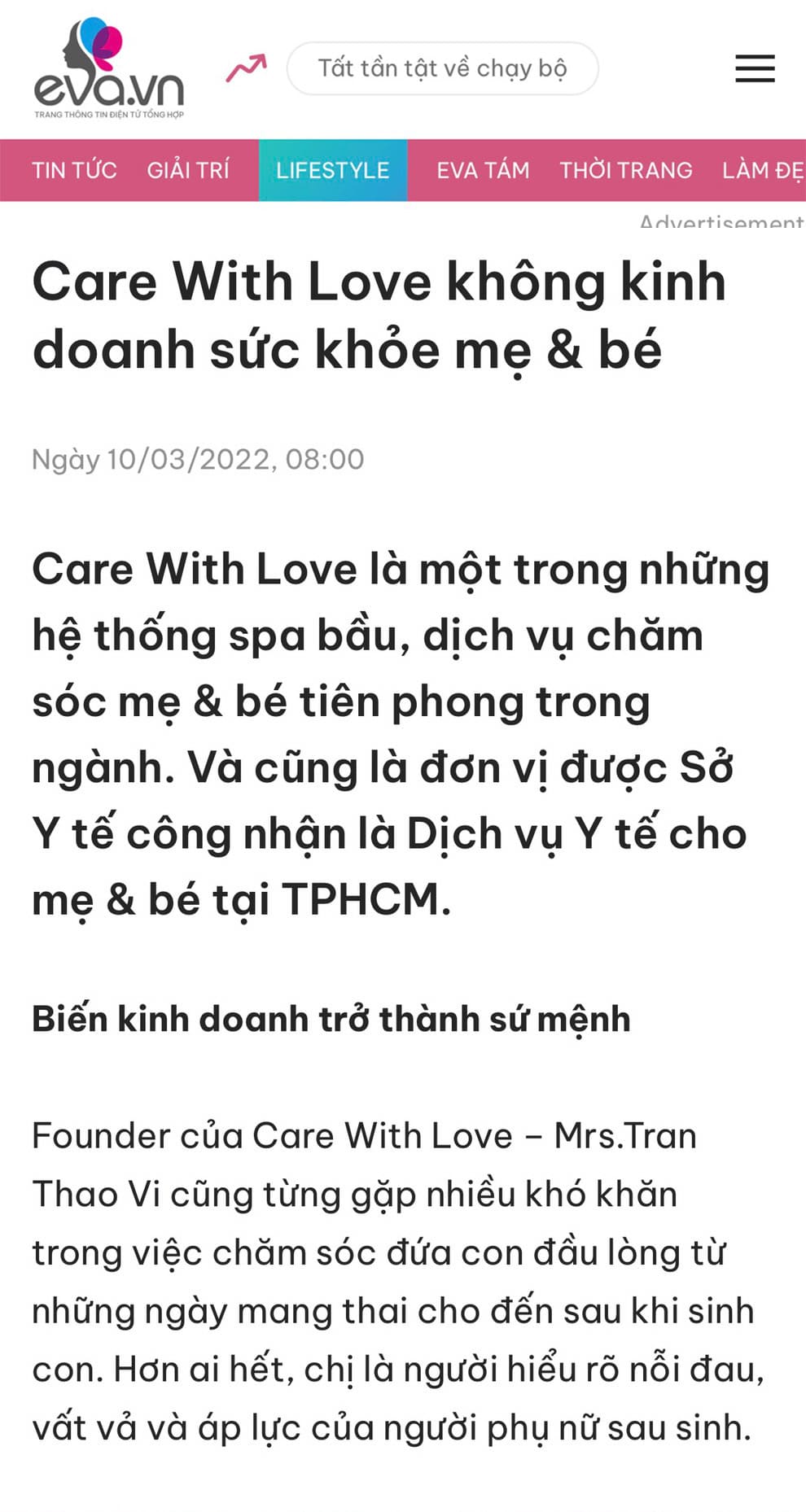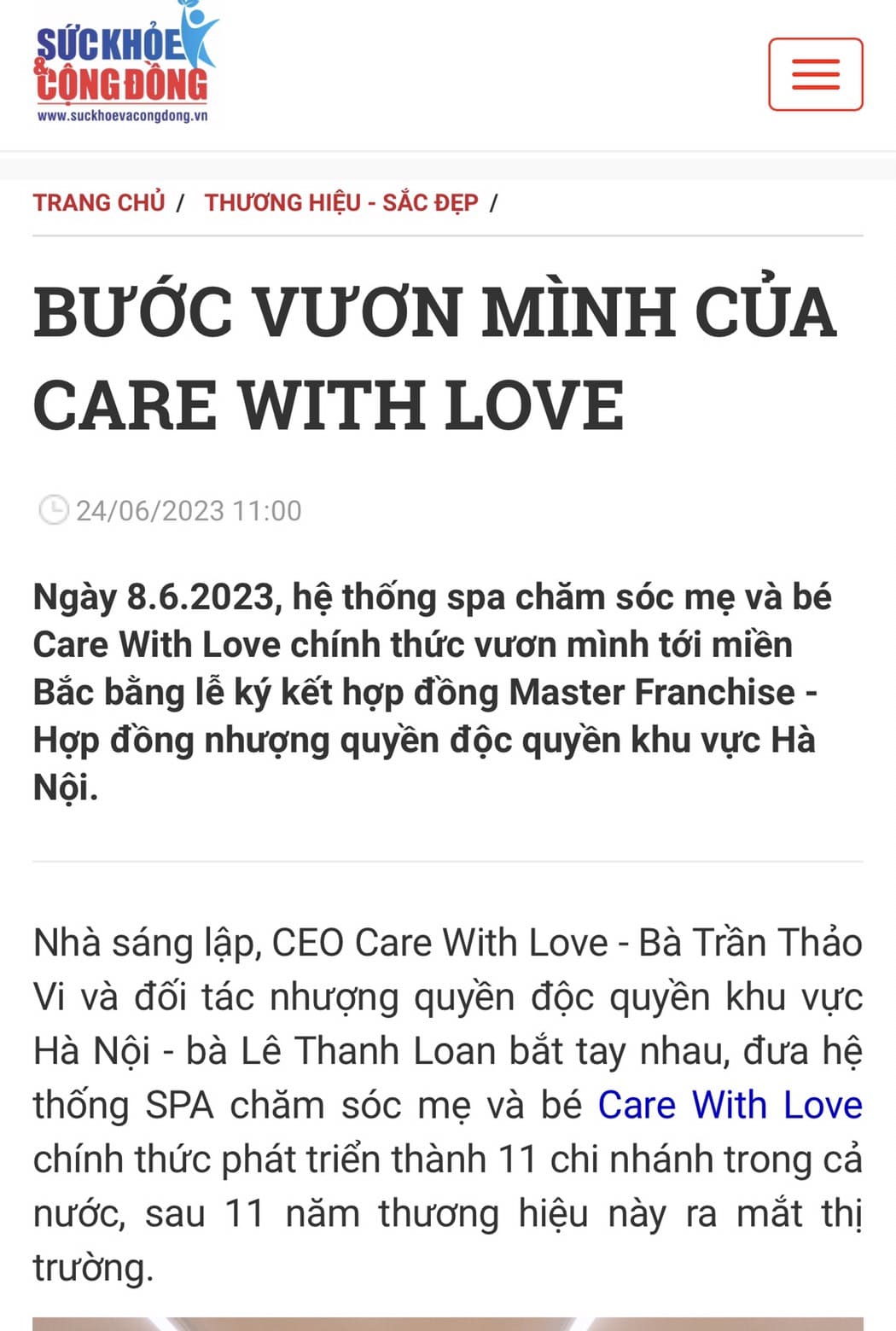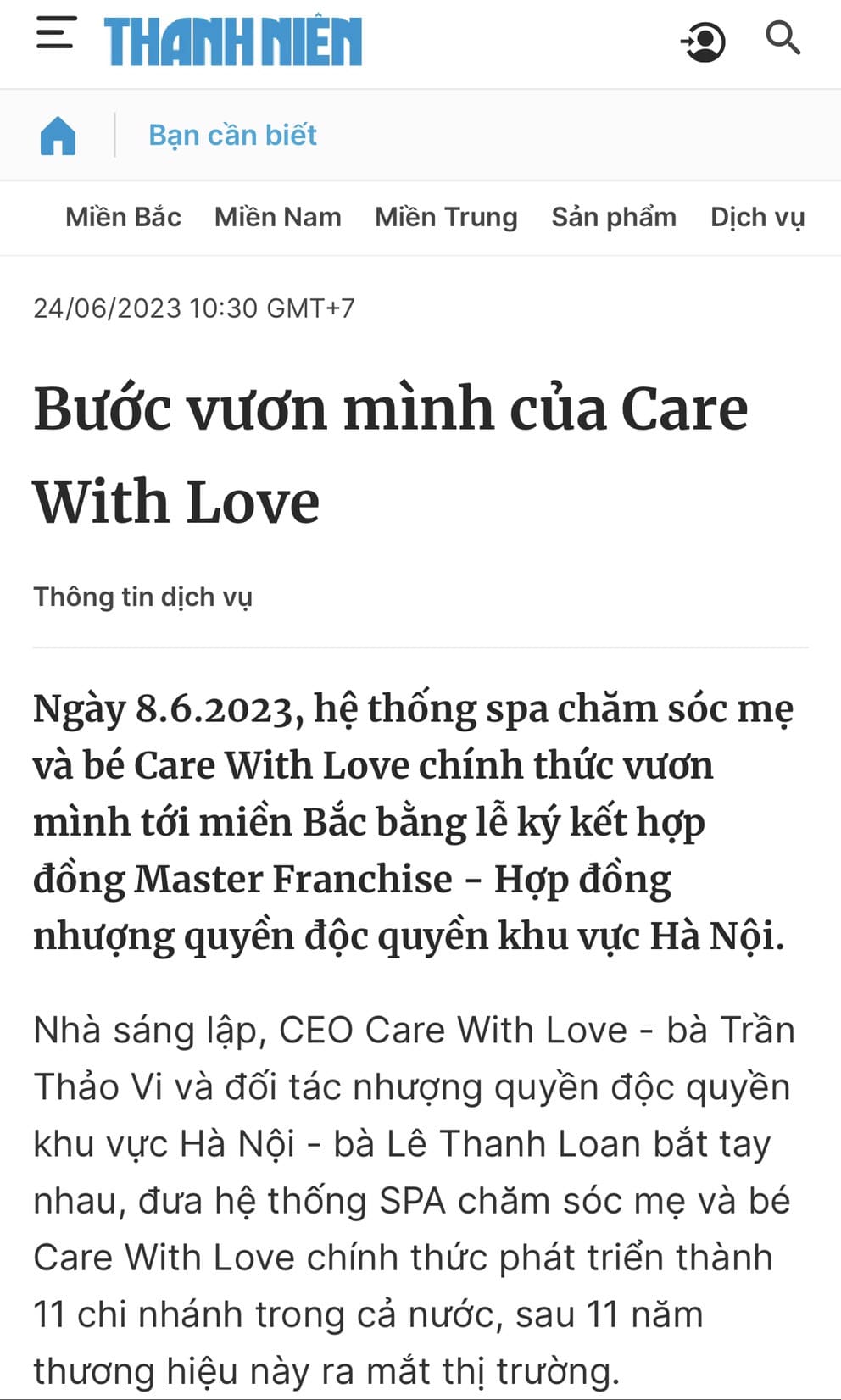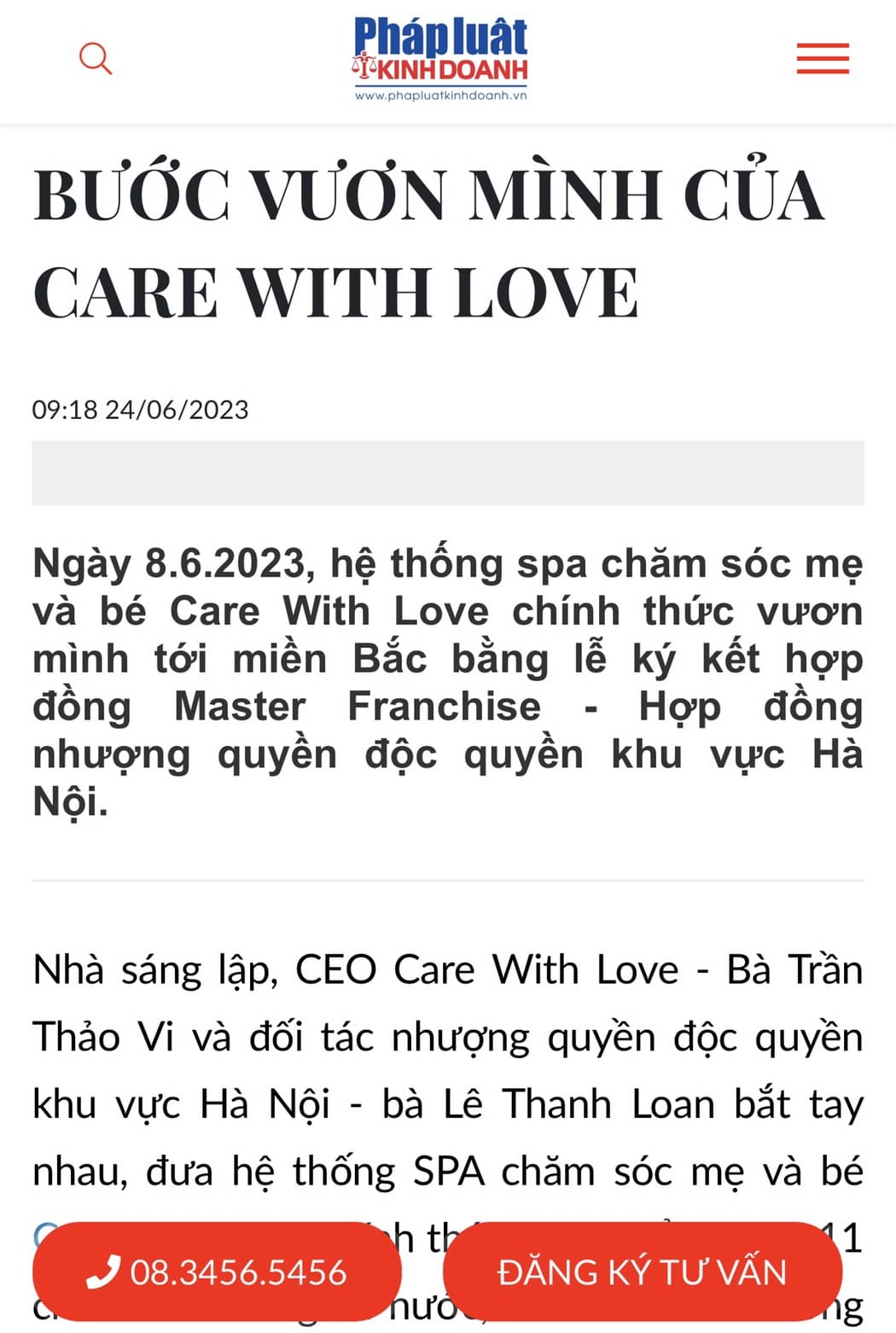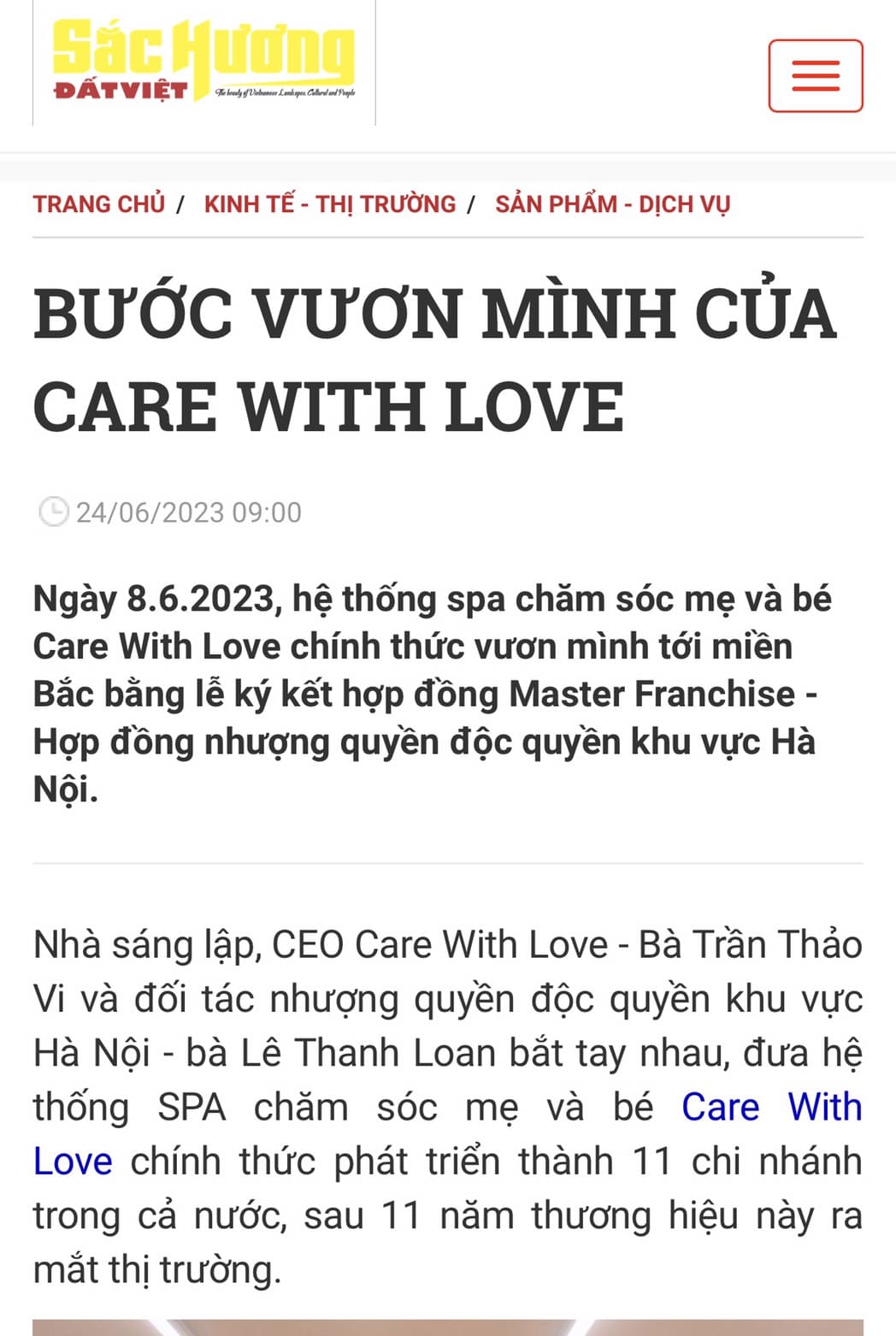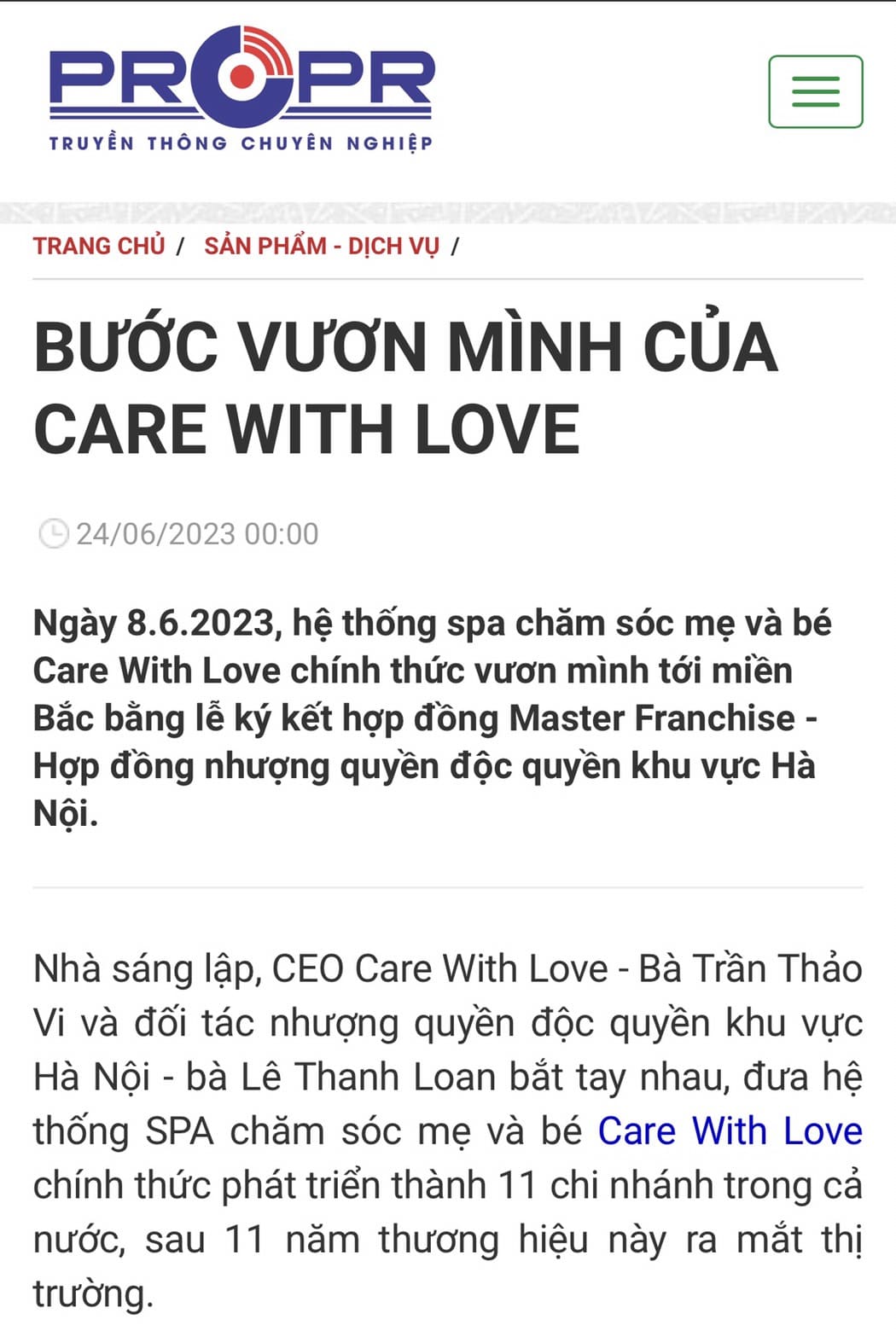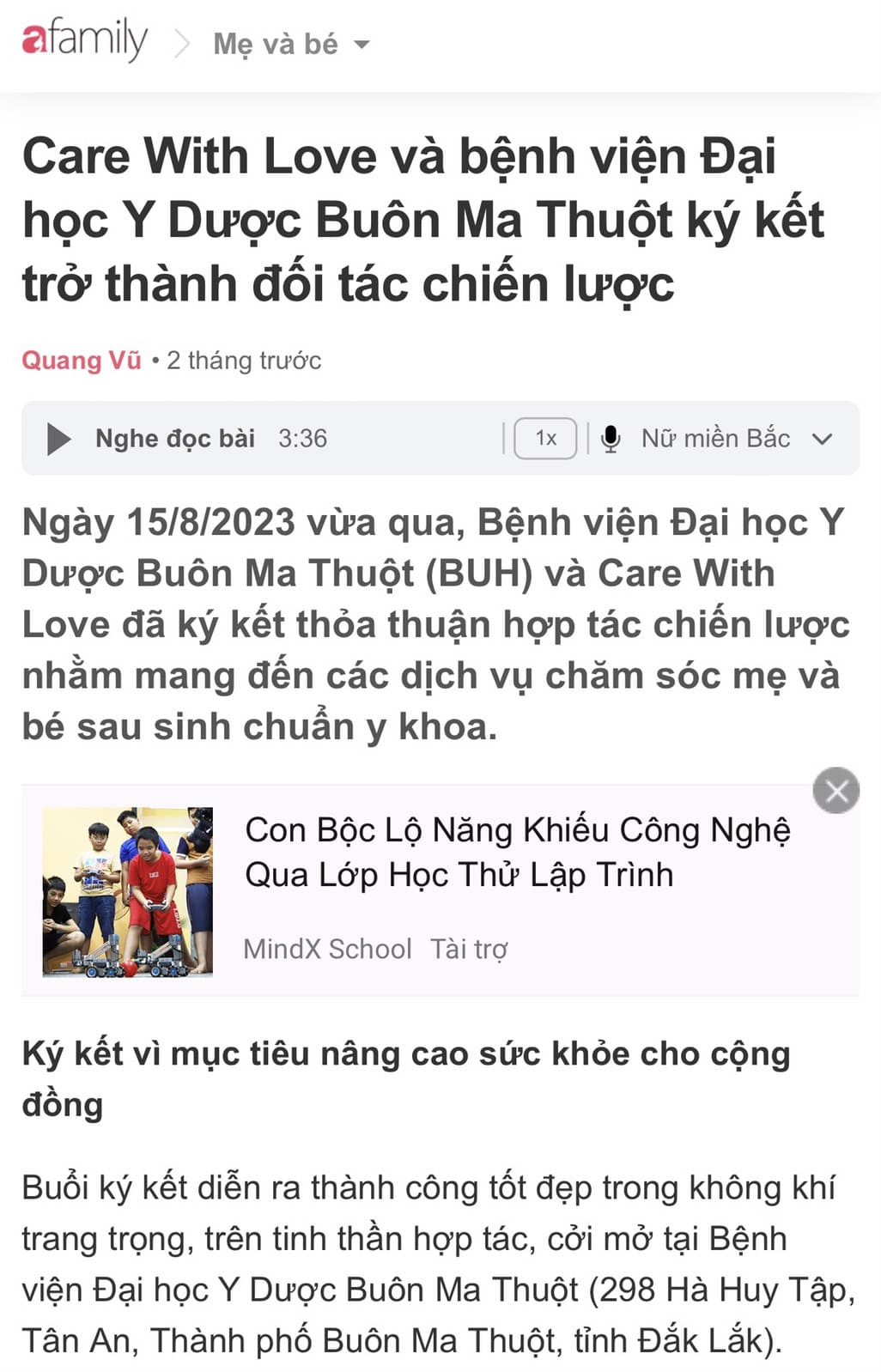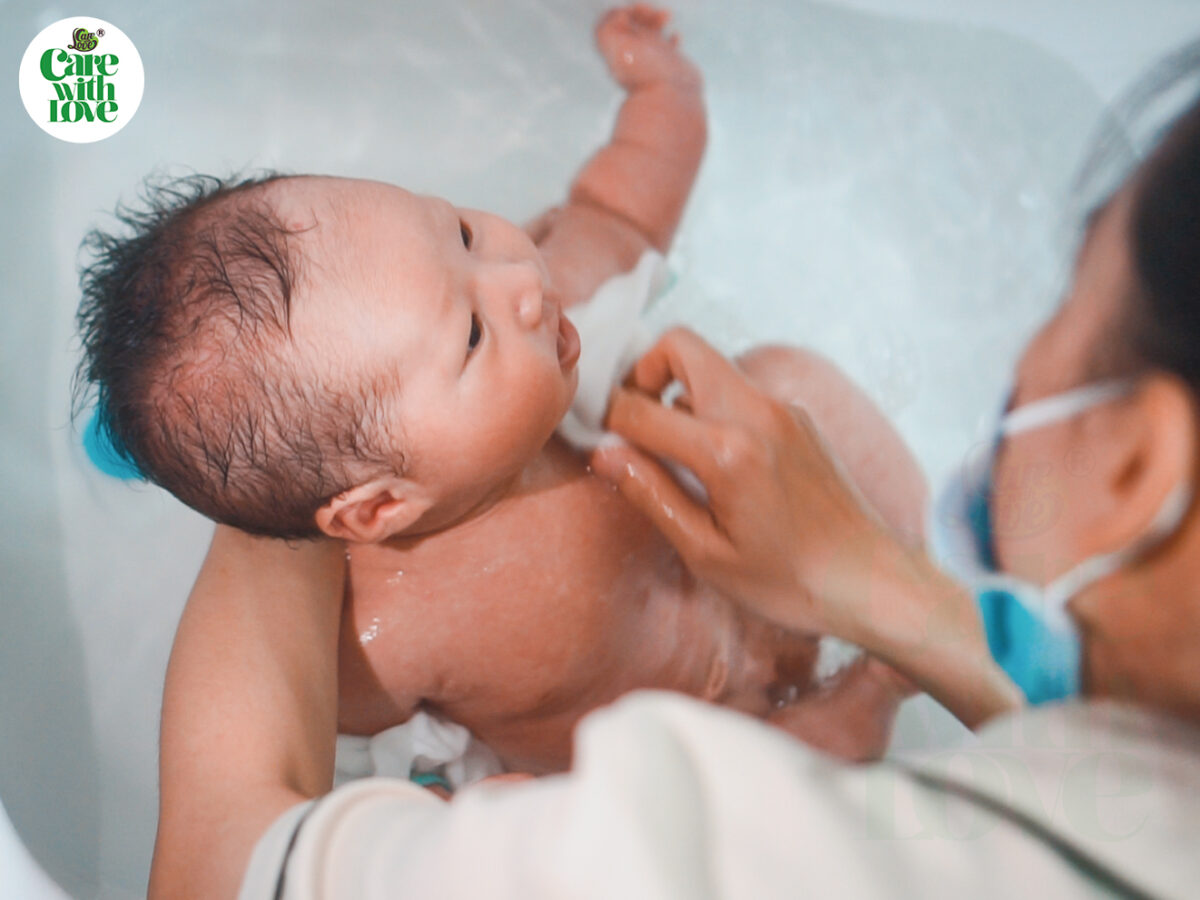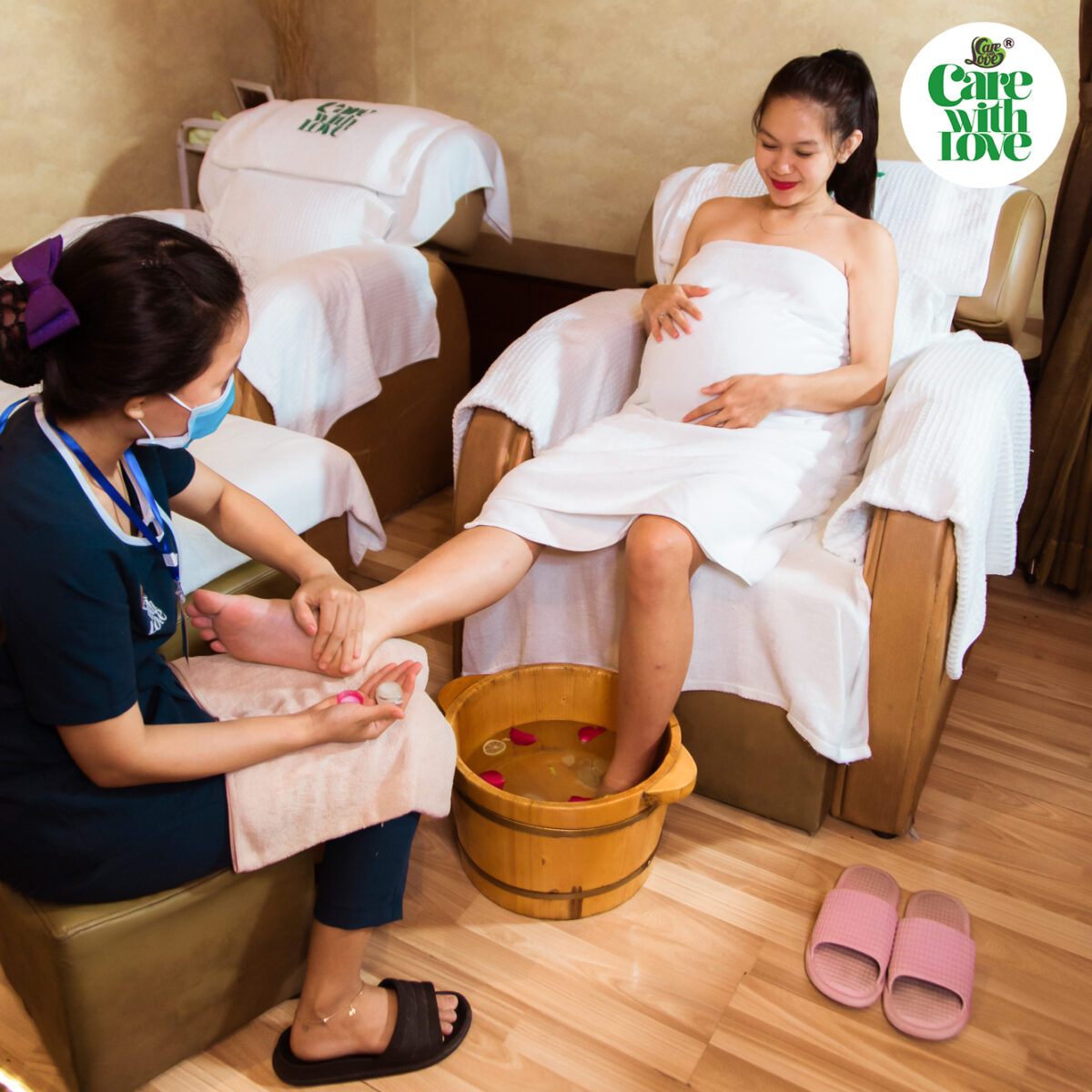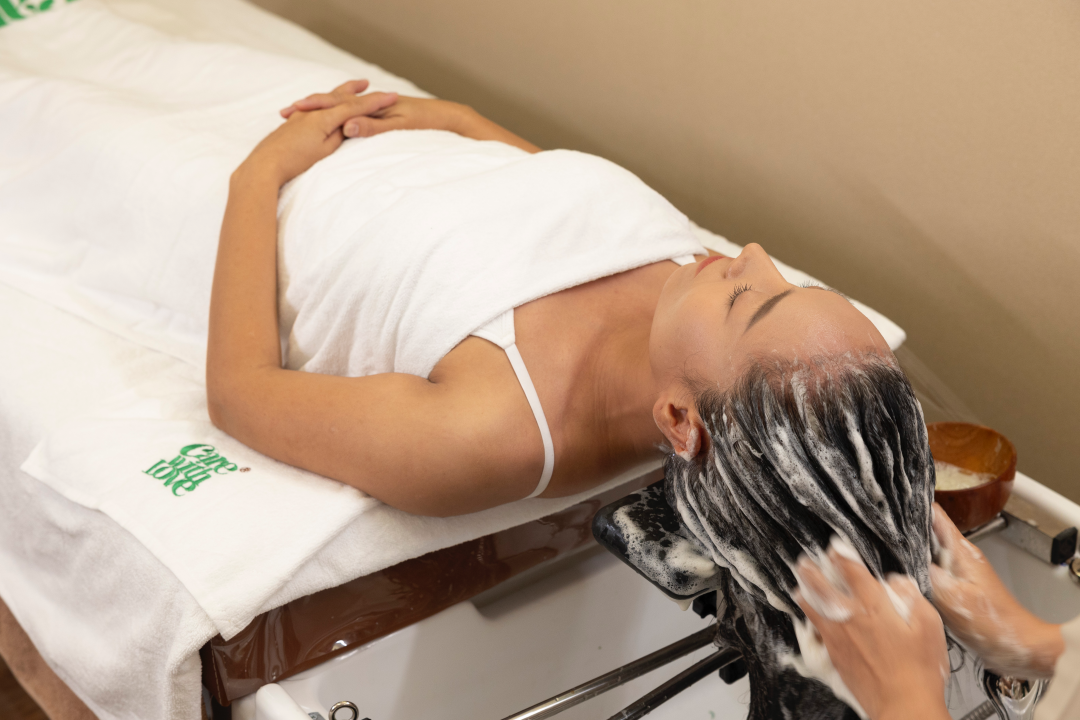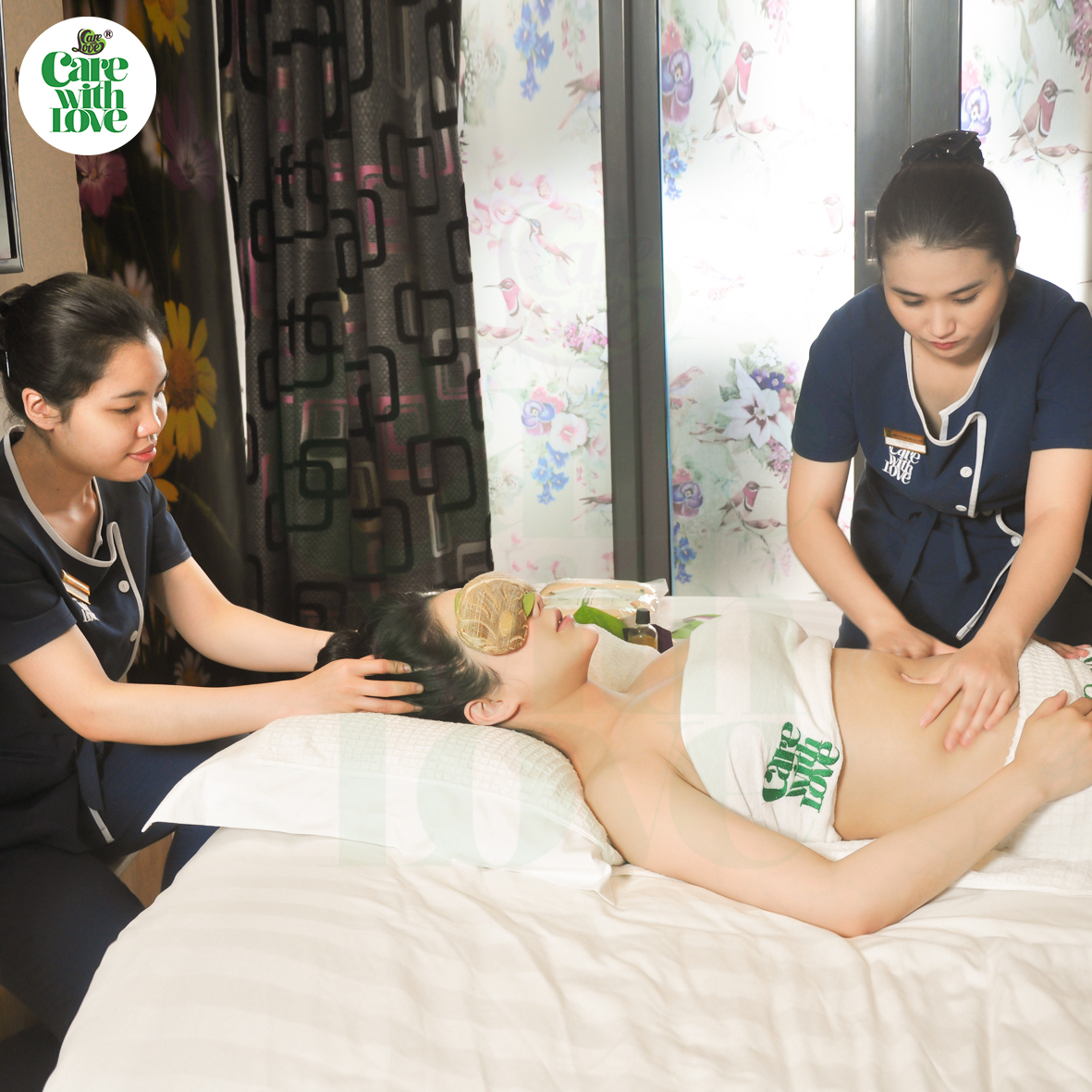Concept of Baby Float
Baby Float is an essential method for promoting health and brain development in infants. It’s not just an activity that helps babies relax, but also offers numerous other benefits for their overall development. When a baby is exposed to water, their body experiences gentle pressure, which helps improve balance and muscle development. Especially, baby float stimulates the baby’s senses, including sight, taste, hearing, and touch. This can contribute to the comprehensive development of the child during the early stages of life. Additionally, baby float helps create a bond between the baby and the parents by sharing relaxing moments in the water. Baby float is an activity that not only brings joy to the baby but also plays a crucial role in the development of infants.
Golden Benefits of Baby Float for Babies Muscle and Balance Development Floating in water is not just a play activity; it’s also an excellent method for babies to develop muscles and improve balance. When the baby floats, sinks, and moves in the water, their muscles must work to maintain stability and movement, thus stimulating muscle and balance development. Sensory Stimulation Water is not only a relaxing environment but also a great opportunity for the baby to experience and develop their senses. Hydrotherapy swimming exposes the baby to various stimuli such as light, music, and the feeling of water on the skin, thereby stimulating and developing the baby’s senses, including sight, taste, hearing, and touch. Immune System Enhancement Water in hydrotherapy pools is usually treated and purified, helping to eliminate bacteria and viruses. When the baby is exposed to water, their body responds by increasing the production of immune cells, thereby improving the immune system and reducing the risk of infections. Knowledge Acquisition Baby Float is not just a fun activity but also an opportunity for the baby to interact with the water environment, explore, and learn from new experiences. Experiencing water helps the baby develop confidence, creativity, and the ability to explore the world around them. Family Bonding The time spent on baby float with the baby is not just playtime but also an opportunity to create strong and meaningful family bonds. Sharing relaxing and joyful moments in the water helps the family connect and create lasting memories. Stress Reduction Water has the ability to reduce stress and anxiety for babies. Relaxing in the water helps reduce pressure on the baby’s body and mind, making them feel more comfortable and relaxed. Development of Infant Skills Baby float is an excellent activity for developing essential infant skills such as kicking, arm movements, and rolling. Performing these activities in water helps the baby build a solid foundation for learning to swim in the future. When Can Babies Start Baby Float? Babies can start baby float from the 3rd month onwards, when their bodies have developed enough strength to handle the water environment without facing many health issues. The 3rd month is often considered the ideal time for babies to begin exposure to water, especially in an environment specifically designed for baby floatt. Some important reasons why the 3rd month is chosen as the starting point for baby float include the development of the baby’s respiratory and cardiovascular systems. Before the 3rd month, these parts of the baby’s body may not be developed enough to meet the demands of water activities. However, after the 3rd month, the baby’s body usually becomes more stable and can better withstand exposure to water. Additionally, the 3rd month is also when the baby begins to develop basic skills such as kicking, arm movements, and rolling. Baby float not only helps the baby develop these skills but also creates a safe and enjoyable environment for the baby to perform these activities with confidence and comfort. Important Notes for Baby Float Before Floating Health Check: It’s recommended to have the baby undergo a health check before starting to ensure they are healthy enough for this activity. Choose the Right Time: Take the baby for baby float when they have eaten well and slept enough. Avoid floating when the baby is hungry, tired, or fussy. Prepare Necessary Items: Prepare diapers, towels, clothes, and milk for the baby. During Floating Always Supervise the Baby: Parents or supervisors should always monitor the baby throughout the session. Control Water Temperature: The water temperature should be maintained between 32–34°C. Follow the Angels’ Instructions: It’s recommended to have the baby practice movements with experienced Angels to ensure the baby learns the correct and safe techniques. Appropriate Time: The duration for the baby depends on their age and health. It’s recommended to let the baby float for 15–30 minutes per session. After Floating Bathing the Baby: Use warm water and dry the baby thoroughly. Keep the Baby Warm: Dress the baby warmly to prevent colds. Give a Light Snack: Feed the baby a light snack after floating to replenish the energy they used.
